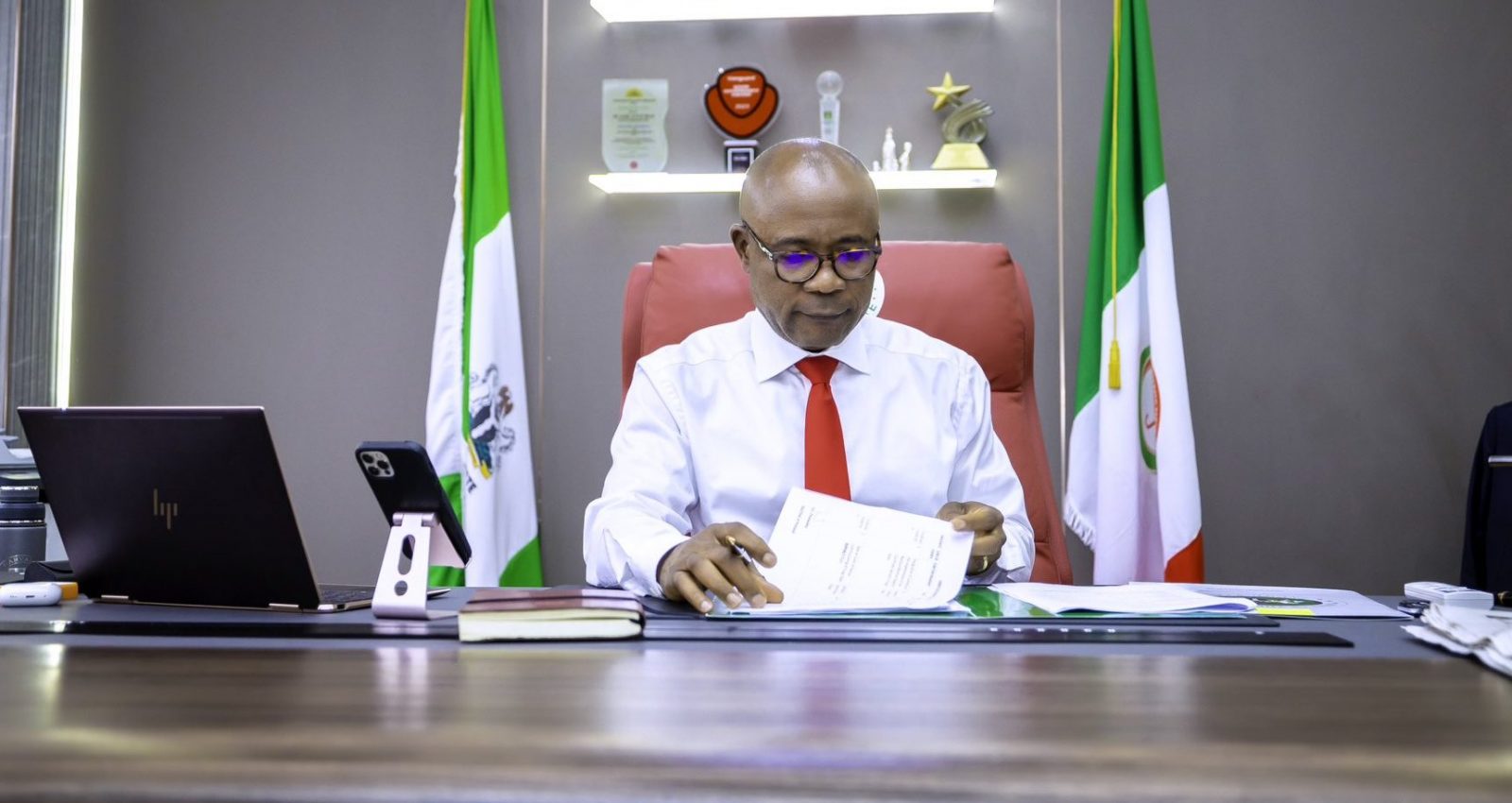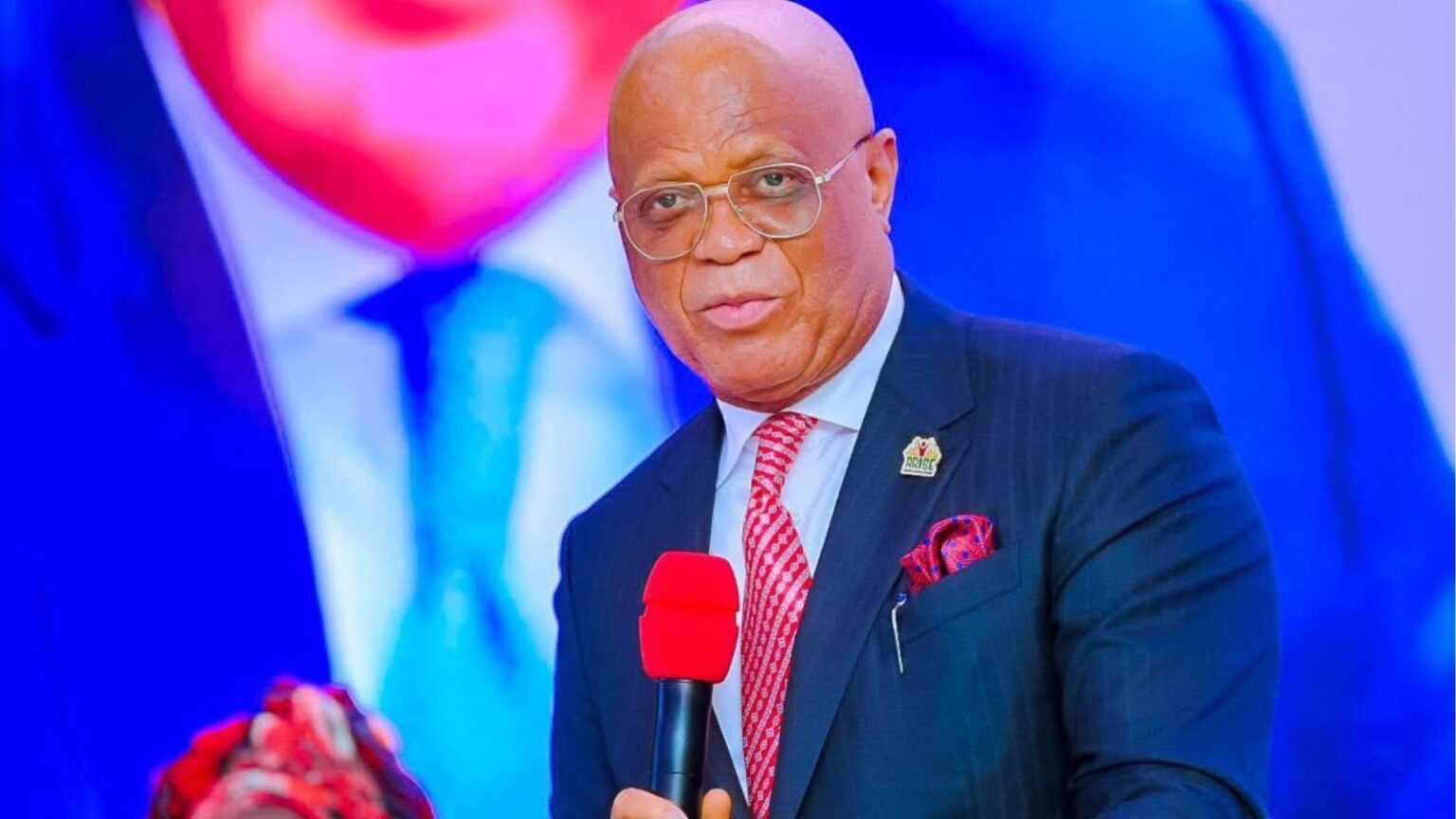UCHEGATE: AYANGA FAULTS MINISTERIAL SCREENING OVER UCHE CERTIFICATE FORGERY
Written by Oluwaseyi Amosun on October 8, 2025

PHOTO FILE: Comrade Bayo Ayanga
Nigeria’s Minister of Innovation, Science and Technology, Uche Nnaji, has resigned from President Bola Ahmed Tinubu’s cabinet following allegations of certificate forgery—a development that has reignited public debate over the credibility of Nigeria’s ministerial screening process.
Speaking on Frontline, a current affairs programme on Eagle 102.5FM, Ilese-Ijebu, public affairs analyst Comrade Bayo Ayanga questioned how a minister with questionable credentials could have scaled through security checks and Senate confirmation.
“There are security checks when people are nominated for public offices in Nigeria. They submit their credentials, and it is vetted,” Ayanga said. “So, was there any particular compromise in this case, or has there been compromise all along?”
Ayanga argued that the issue should not end with Nnaji’s resignation, insisting that a wider probe into the screening and vetting of all public office holders was necessary.
“If we open an investigation into all ministers and political appointees in Nigeria, are we sure we won’t find about 60 to 70 percent with these same issues?” he asked.
The commentator described Nnaji’s resignation as a tactical political move, not an act of accountability.
“A crime has been committed; it should go beyond resignation,” Ayanga said. “The next thing is for the police to open an investigation, arrest, and prosecute. Resignation doesn’t erase the offence.”
Ayanga further decried what he called the entrenched culture of impunity in Nigeria’s political system, where corruption and misconduct are often brushed aside without legal consequence.
“We keep treating corruption and misconduct as normal, and that’s why we keep repeating the same mistakes. There’s too much impunity — not only direct impunity but subtle impunity,” he added.
Meanwhile, the former minister has denied any wrongdoing, alleging that the forgery accusations were politically motivated and orchestrated by his rivals, particularly from Enugu State.
Critics, however, maintain that the matter goes beyond political rivalry, describing it as a failure of Nigeria’s political vetting system that calls for urgent institutional reform.






 Eagle Fm
Eagle Fm